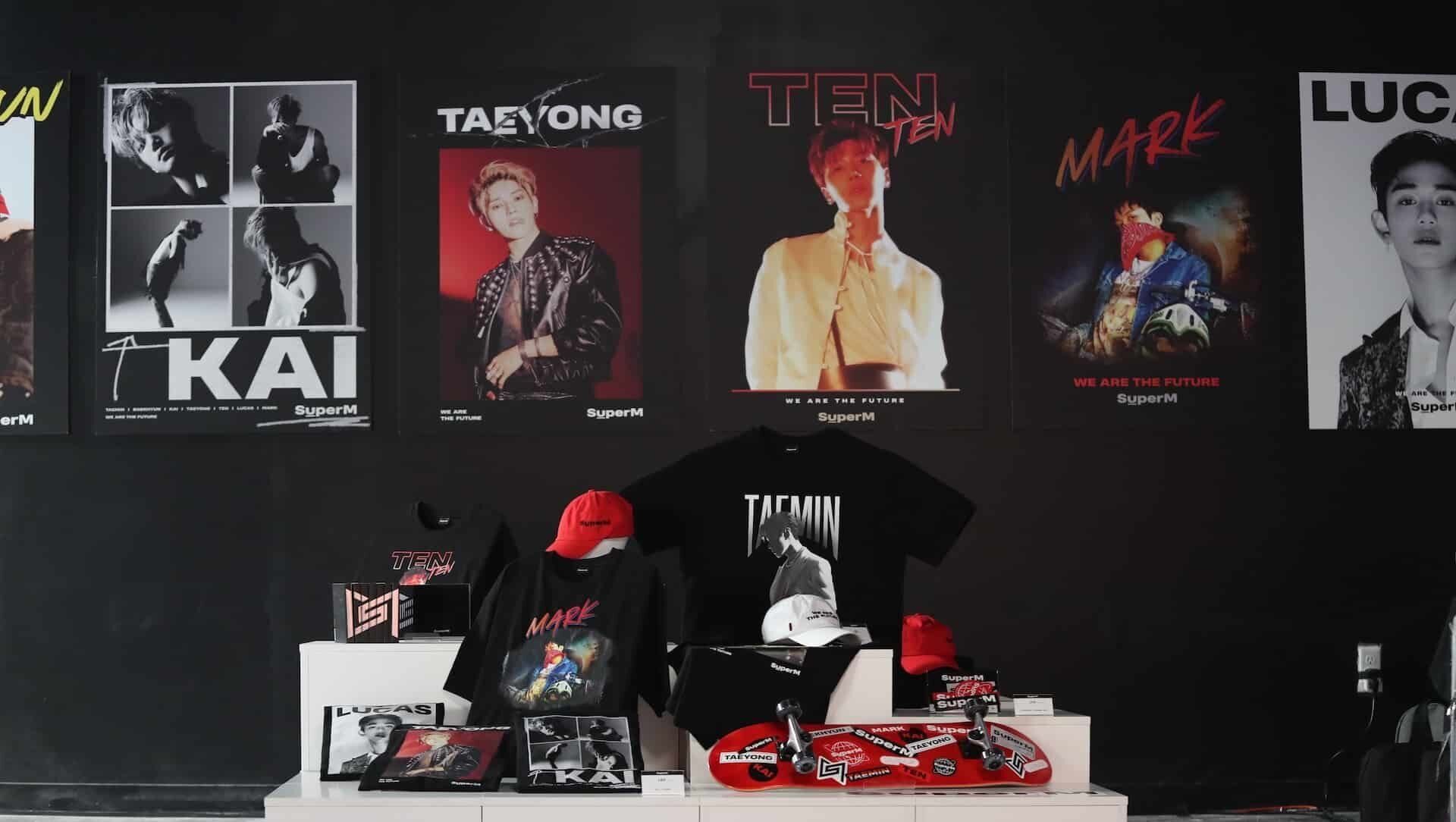








South Korea's Suicide Rate
South Korea is familiar with suicide. Despite a global decrease in suicide, the rate of suicide in South Korea has almost doubled in the past 20 years. In 2021 it was the fifth leading cause of death, above traffic accidents, with 26 deaths per 100,000 people.
You might think that this only affects the average population, or those who are financially struggling, but actually, many Korean celebrities take their own lives, sparking concerns about the pressures faced by those in the KPOP (Korean Pop Music) industry, and also actors and models.
Suicide is a serious and complex problem, and the reasons for it will vary from one person to the next. But why is it so prevalent in Korean society? Learning some of the reasons might help us to understand and perhaps even save lives.
What Makes The KPOP Industry Vulnerable?
Here are some reasons why Korean celebrities may have chosen to take their lives. Keep in mind, these reasons can impact any of us, no matter what job we do:
- Pressure and stress: There is very intense pressure on Korean celebrities who experience exhaustion and stress due to the demands placed on them. The pressure to constantly maintain a particular image or success level, as well as the pressure from the public (i.e., fans), and the industry as a whole can feel too much.
- Mental health problems: The pressure and stress, alongside other factors, can lead to feelings of anxiety, and depression. There might also be other factors like a “personality disorder”, all of which might contribute to suicidal feelings, thoughts, and behaviours.
- Cyberbullying and hate: There is such harsh and unrelenting criticism and scrutiny placed on Korean celebrities from anti-fans, the media, and also their fans. Such negative comments and bullying can take a serious toll on mental health.
- Lack of support: Even though mental health awareness is growing within South Korean culture, there is still much stigma so mental health is not as well understood due to the lack of discussion. This is in part due to the culture’s strong emphasis on conformity and social cohesion. This makes it difficult for individuals to openly seek support. Stoicism and self-reliance are also valued. This makes it hard for individuals to seek support or even acknowledge they may be struggling. So celebrities, who are expected to be perfect “idols” and shining exemplars for South Koreans, and now the world, are likely to feel even less able to seek mental health resources and support.
- Lack of social capital: Relationships are necessary for longevity in life, they help to support and sustain us. Sadly, those in the industry often start as child stars which means they may not experience a typical childhood and therefore are precluded from forming meaningful relationships. It has been reported by some in the industry that they experience a very rigorous training regimen from an early age, with very little opportunity to make friends and socialise with close connections, even if they do exist. Most of their friends or confidantes are other children in the same position.
- Prevalence: When we exist in a family that experiences depression, alcoholism, or another condition, we are more at risk of developing a similar condition. This may be in part due to genetics, but also to learned behaviour. The Korean entertainment industry has a very high rate of suicide. It might be said that suicidality has become almost normalised and therefore people become desensitised to the notion. Effectively, it becomes an option.
Moon Bin Case Example
On April 20th, 2023, Moon Bin, a South Korean singer, model, actor, and dancer who was also a part of the popular KPOP group ASTRO, was found dead by his manager after he was unable to reach him. His cause of death has not been made public, however, the consensus is that Moon Bin took his own life. He was 25 years old.
Moon Bin has been in the public eye since he was 11 years old. He grew up under public scrutiny, first as an actor, and later advancing to the world of KPOP at age 18. KPOP has since blown up into the world. This would likely have increased workload and pressure, as well as scrutiny under the unforgiving 24-hour social media culture.
This is especially the case in South Korea where social media users have a penetration rate of 88.3% of the population, putting South Korea at number 10 in the world for social media usage. If celebrities like Moon Bin do not look and sound perfect, they face intense backlash, but how can they look and sound perfect when perfection is a myth, especially under their grueling schedules?
In 2019 and 2020 Moon Bin took a sudden break, it is thought this was due to health difficulties, including mental illness (anxiety and perhaps depression) and exhaustion. Although he was permitted a break to rest and recover, it seems this only addressed a part of the concern as it presented then. Perhaps Moon Bin did not feel able to ask for more time off. This means that there was a short-term solution, but not a long-term one.
It seems Moon Bin got to take a breather but then had to jump right into the same high-pressured environment, which would have undone any recovery and just continued the trajectory toward burnout. This would have placed him at great risk, psychologically, mentally, and emotionally, with fledgling resilience and hopelessness at the unrelenting cycle. It is likely he experienced guilt and shame about his self-perceived inability to remain “mentally strong” (as he once put it) even when his body was begging for a break.
Takeaway
It’s important not to speculate too much. Notwithstanding, I hope this article gives us some things to consider when it comes to mental health and support, especially due to the risks to life. There will always be “what ifs” after the fact. But for me, the takeaway from Moon Bin’s tragic end, and other cases of suicide is the importance of talking to someone.
Something a client once said to me always comes to mind at times like this:
“Don’t choose a permanent solution for a temporary problem”
I would add: “Please speak to someone, anyone”
Rest in Peace Moon Bin.
- Why Is Suicide So Prevalent In KPOP? RIP Moon Bin
- PTSD: Case Study of Thomas Shelby
- Paedophilic Obsessive-Compulsive Disorder (POCD) I
- The Value Of Confronting Self-Doubt As A Psychotherapist
- What Happens When Trauma Is Ignored, Vs When It's Not
- A Warm Welcome From Phinity Therapy
- Rehanna Talks Issues
- Rehanna Discusses Phinity Services
- The HEALTHIER WAY To Grieve
- What Your THERAPIST'S TITLE REALLY MEANS!

- Kim, J. (2019, August 12). ASTRO's Moonbin to take break due to health concerns. The Korea Times. Retrieved from https://www.koreatimes.co.kr/www/art/2019/08/732_273167.html
- Kim, S. (2020, May 4). ASTRO's Moonbin returns from hiatus. Kpop Herald. Retrieved from https://www.kpopherald.com/view.php?ud=202005041714536947030_2
- Lee, M. (2020, January 3). ASTRO's Moonbin to continue hiatus due to health concerns. Kpop Herald. Retrieved from https://www.kpopherald.com/view.php?ud=202001031423311595973_2
- Statista. (2021). Suicide in South Korea - statistics & facts. Retrieved April 29, 2023, from https://www.statista.com/topics/8622/suicide-in-south-korea/
- Statista. (2022). Number of social media users in selected countries as of January 2022 (in millions). Retrieved April 29, 2023, from https://www.statista.com/statistics/278414/number-of-worldwide-social-network-users/
- Statista. (2022). Number of social media users worldwide from 2017 to 2025 (in billions). Retrieved April 29, 2023, from https://www.statista.com/statistics/278414/number-of-worldwide-social-network-users/

